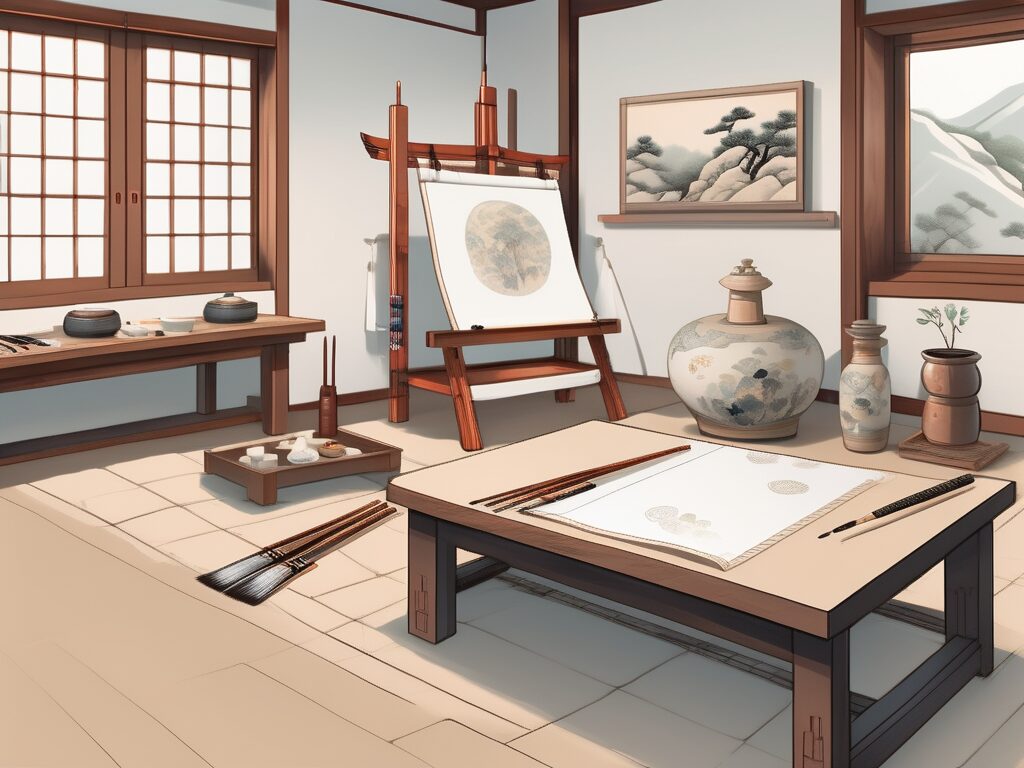Exploring Arts and Humanities Education in South Korea: 2025 Insights
South Korea, recognized for its technological innovations and robust economy, also stands out as a significant center for arts and humanities education. The nation’s rich cultural legacy, combined with its dedication to nurturing creativity and critical thinking, has resulted in a vibrant arts and humanities sector. This guide provides an in-depth analysis of the structure, significance, and opportunities within arts and humanities education in South Korea, tailored for international educators and consultants.
Structural Overview of Arts and Humanities Education
Curricular Framework
The arts and humanities are fundamental components of the South Korean educational framework, spanning from primary to tertiary levels. The curriculum is designed to integrate various disciplines, including literature, history, philosophy, and fine arts, thereby offering a comprehensive educational experience. This approach aims to cultivate creativity, critical thinking, and a profound understanding of cultural and societal dynamics.
At the primary and secondary education levels, students engage with diverse art forms such as music, visual arts, and drama. The objective is to not only impart knowledge of these disciplines but also to encourage active participation and foster individual creative expression. This pedagogical strategy emphasizes experiential learning, equipping students with essential skills for personal and professional development.
Higher Education Opportunities
In higher education, students have the option to specialize in specific areas within the arts and humanities. South Korean universities offer an extensive array of programs, ranging from traditional Korean arts to contemporary Western philosophy. This diversity allows students to tailor their educational paths according to their interests and career aspirations.
Furthermore, South Korean institutions are recognized for their research initiatives in the arts and humanities. Students are encouraged to engage in research activities that deepen their understanding of their chosen fields, thereby enhancing their academic and professional competencies.
Importance of Arts and Humanities Education
Cultural Heritage Preservation
Arts and humanities education is pivotal in preserving and promoting South Korea’s rich cultural heritage. Through the study of history, literature, and the arts, students develop a comprehensive understanding of their cultural identity. This educational focus serves as a means of connecting with the past, allowing students to appreciate the cultural narratives that shape their society.
Additionally, this educational framework plays a crucial role in sustaining traditional Korean arts. Practices such as pansori (musical storytelling) and hanji (traditional paper-making) are preserved and revitalized through academic programs, ensuring that these cultural treasures remain vibrant and accessible.
Personal and Professional Development
Engagement in arts and humanities education significantly contributes to personal growth. Students develop critical thinking skills, creative expression, and an appreciation for diverse perspectives. This educational experience broadens their intellectual horizons and enriches their understanding of global cultures.
Moreover, the study of literature and the arts fosters empathy and social awareness. By exploring various narratives, students gain insights into the human experience, enhancing their ability to connect with others and understand complex societal issues. This transformative process is essential for cultivating informed and compassionate global citizens.
Career Opportunities in the Arts and Humanities
Diverse Career Pathways
A degree in the arts and humanities can lead to a wide range of career opportunities. Graduates may pursue roles in museums, galleries, education, writing, history, and philosophy, among others. The versatility of these degrees allows graduates to navigate various professional landscapes effectively.
Moreover, South Korean employers increasingly recognize the value of skills acquired through arts and humanities education, such as critical analysis, creativity, and effective communication. These competencies are highly sought after in today’s dynamic job market, making graduates valuable assets to potential employers.
Societal Contributions
Graduates from arts and humanities programs play a vital role in society by preserving cultural heritage, fostering social cohesion, and enriching the intellectual and cultural fabric of the nation. Their contributions are essential for maintaining a vibrant and diverse society, acting as catalysts for cultural dialogue and understanding.
In summary, arts and humanities education in South Korea represents a multifaceted opportunity for personal and professional growth. It offers a rich curriculum, promotes cultural preservation, and opens doors to diverse career pathways. This educational sector is a treasure trove of potential, waiting to be explored by international educators and students alike.
Enhance Your Teaching Career with IPGCE
For educators inspired by the potential of arts and humanities education, the International Postgraduate Certificate in Education (IPGCE) offers a pathway to enhance professional qualifications. This program is designed to elevate your credentials, facilitating access to international teaching opportunities and career advancement. With IPGCE, educators can overcome traditional qualification barriers, connect with a global network of professionals, and gain insights into international curricula. Embrace the opportunity for professional growth and increased earning potential. Join the UK’s leading Teacher Training Course and transform your passion for arts and humanities into a successful international teaching career. Enroll now to take the next step in your professional journey.

